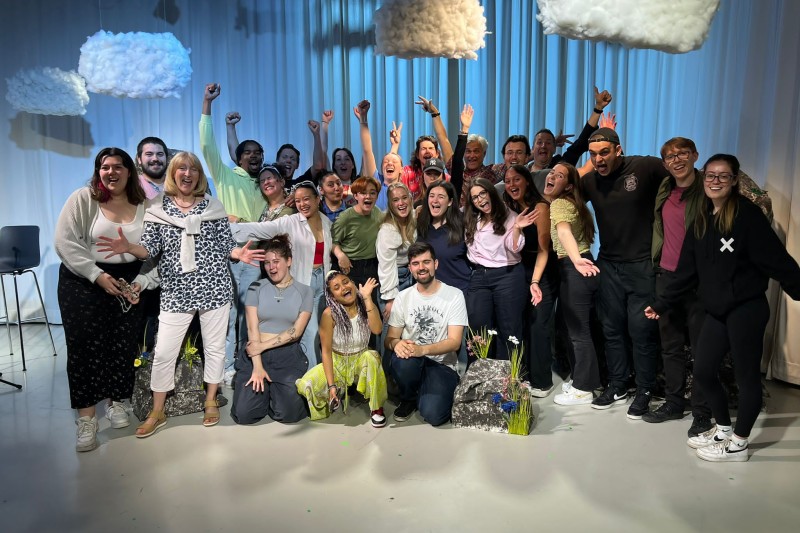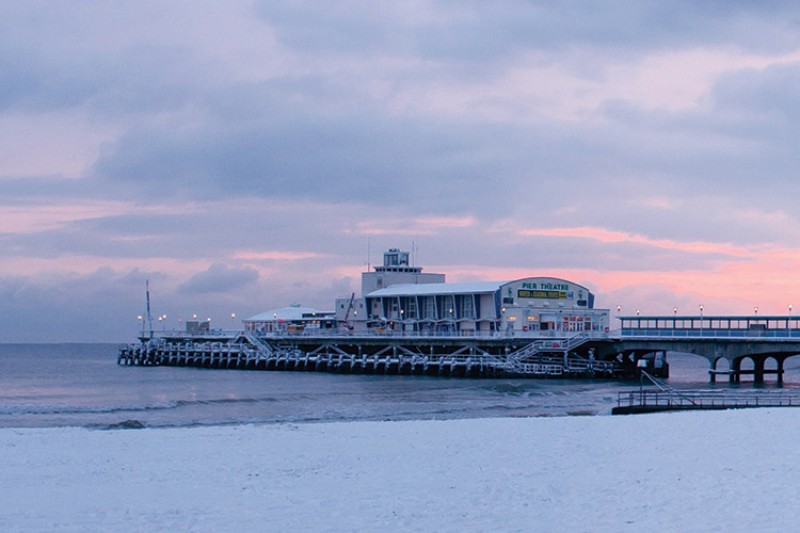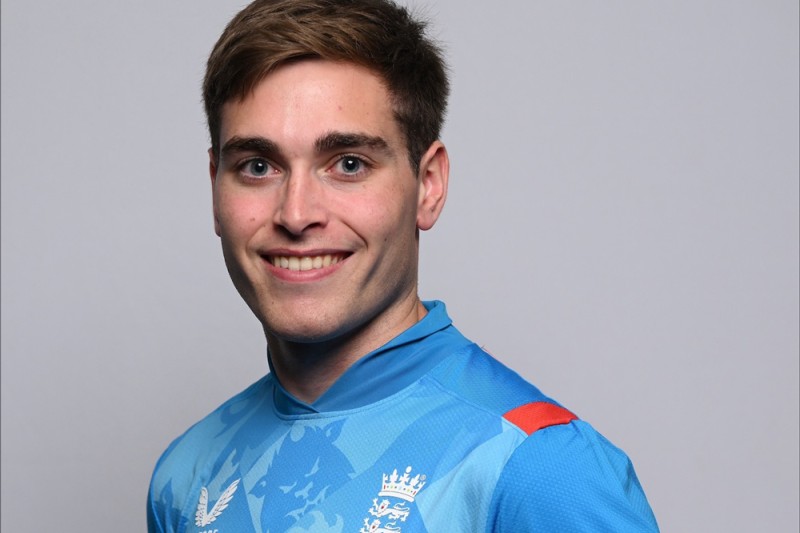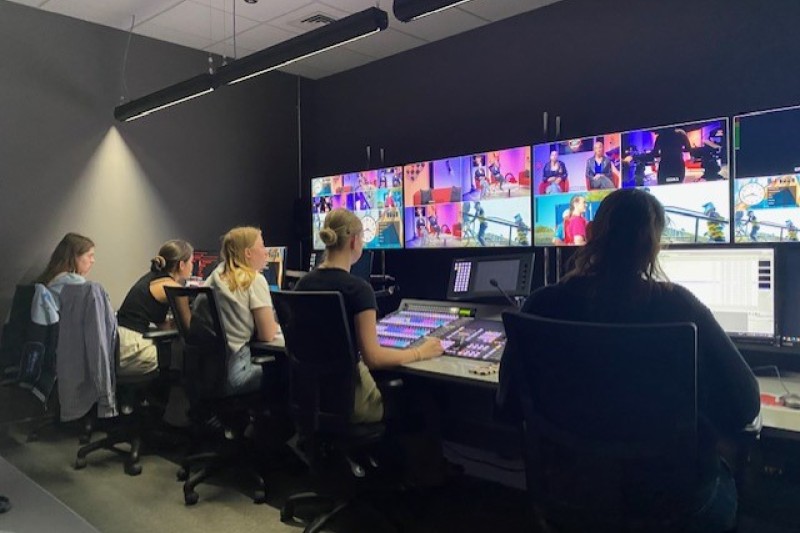
Media students from Breda University of Applied Science (BUAS) in the Netherlands completed a TV studio course, provided by Bournemouth University’s RedBalloon Productions, the professional production department of The Faculty of Media & Communication.
In their groups, the thirty BUAS students were tasked with making two 30-minute factual TV shows as part of their university assessment.
Using Bournemouth University’s equipment, they worked in the TV studios supervised by specialist media production staff Adrian Butterworth, Stephanie Farmer, Alan Fox, Alex Wegman, and Tom Stone, and out on location filming around the BCP area.
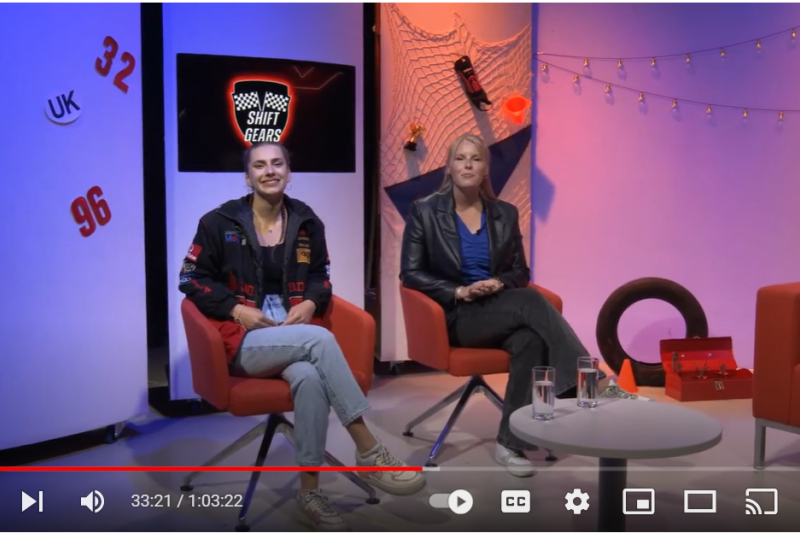
The students first programme was titled ‘Shift Gears’ a Top Gear-inspired TV show which delved into the world of speed racing. Students shot on location at South Coast Karting Track and included a profile of a Poole Pirates Speedway legend and the Bourne Water Dragons – a Dragon boat team crewed by cancer survivors of all ages and abilities.

Their second programme was titled ‘Earth on Edge’ set in the future with an innovative and thought-provoking approach showing a dystopian view of Dorset underwater in 2088. The programme zooms back to a ‘time capsule show’ from 2023. Students interviewed local fishing companies and representatives from Bournemouth, Christchurch and Poole Council (BCP) to discuss the effects of coastal erosion. The show ends with a warning from the futuristic presenter stating, ‘if only we had listened’.
Executive Producer at RedBalloon, Steph Farmer, said “This is the 6th year of running this intensive course for Breda University, and the highest number of students we have had so far! I am very proud of the hard work and enthusiasm of the team that delivers it. Over the years we have built up a fantastic rapport with BUAS staff, with many of us having visited Breda with Erasmus funding, and their students never fail to amaze us with their enthusiasm to learn.
“We all pull together as a team to support them with technical and production feedback within our own specialities, and it’s a highlight of the year for us to deliver this programme. We also employ four BU student Mentors on paid placements as part of the project, and they are a crucial part of the team and did a brilliant job again this year!”
Demonstrator of Media Production at BU, Adrian Butterworth’s background is in broadcast journalism. He said, “Every year students from the Netherlands come in and learn so much in such a short time. The year was extremely strong with some of the best examples of journalistic storytelling we have seen.
“Our two 4K television studios are in the very top bracket across the whole of Europe, we endeavour to lead the television industry on top of maintaining broadcast standards.”
Four Bournemouth University students, Kiah-Jay Stevens, Harry Benford, Adam Bridge-Robinson and Ella Lewis were this year’s mentors in specialist roles; pre-production, editing, sound, and camera. In addition, they supported the exchange students with attending workshops, assisting with location shoots and being a friendly face.
Kiah-Jay commented, “Every day was filled with so much love, laughter, creativity, and hard work and I met so many amazing people. I am so grateful to have been involved in this programme and the other mentors and I can't wait to visit our new friends in the Netherlands!”
Fritz Kohle, tutor at BUAS said, “Media Management students of the Breda University of Applied Science have been coming to Bournemouth University since 2016, and every year, they produce live TV shows, broadcast from BU's excellent TV studio facilities.
“This could not have been realised without the support of highly skilled, hands-on academics like Alan, Adrian, Tom and Stephanie, not to mention the student mentor's available for anything from risk assessments to equipment support to just hanging out with our students. On behalf of our school I would like to thank the Bournemouth team. We could not ask more.”
Earlier in the year Principal Academic Dr James Fair visited students in the Netherlands to provide BAFTA Albert training. This allowed students to learn sustainable practices which were applied during their 3-weeks of filming.
